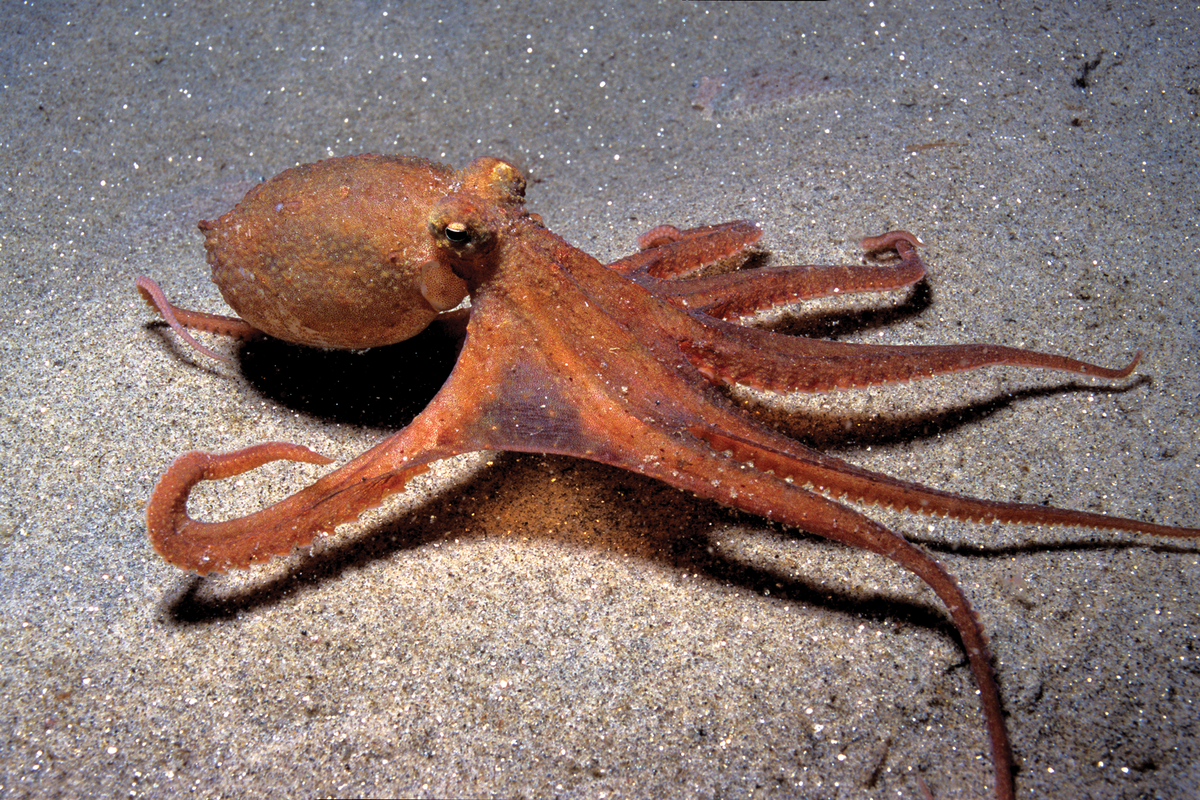What does octopus taste like? This is a question that piques the curiosity of many adventurous eaters and seafood aficionados across the globe. Known for its unique texture and role in various international cuisines, octopus is a delicacy that offers a distinct culinary experience.
What Does Octopus Taste Like? The Answer
To someone who has never tried octopus, describing its taste can be challenging, but let’s give it a try. Octopus has a taste that’s similar to the sweet meatiness of lobster but with a firmer texture. It’s mildly flavored, not overly fishy, and often picks up the flavors of the ingredients it’s cooked with. When cooked properly, octopus should be tender and slightly chewy, not tough or rubbery.
People wonder about the taste of octopus not only because it’s less common than other seafood but also because of its intriguing appearance and the slightly daunting prospect of eating something with tentacles. Coupled with the fact that octopus has been featured in tales of sea monsters and myths, it’s natural that curiosity arises about the gastronomic side of this cephalopod.

Variations in Taste of Octopus
Octopus dishes vary considerably around the world, with each region adding its local flavors and cooking techniques. For example, in Mediterranean cuisine, octopus is often grilled with olive oil and lemon, which gives it a rich and tangy taste. In Asian countries like Korea and Japan, it may be served raw as sashimi, where its natural flavor is more prominent and enjoyed with a different set of accompaniments like soy sauce and wasabi.
Seasonal variations also play a role in the taste of octopus. When octopus is in season, typically from October to March, it tends to be more tender, affecting not just the texture but also how well it absorbs other flavors during cooking. These subtle changes can transform the final taste profile of the dish.
Nutritional Benefits of Octopus & Impact on Taste
Octopus is not only interesting for its taste but also for its nutritional benefits. It is a lean source of protein, rich in essential minerals like iron, zinc, and selenium, and packed with vitamin B-12. It’s also low in fat, making it a healthy addition to many diets.
The health aspects of octopus can indeed influence perceptions of taste. Knowing that a food is nutritious can enhance its appeal and potentially its flavor to health-conscious consumers. The growing interest in healthy eating means that many people are discovering and enjoying the taste of octopus not just for its flavor but also for the benefits it offers.

Octopus in Culinary Uses
When it comes to culinary uses, octopus is incredibly versatile. Some popular ways to consume octopus include grilling, stewing, or marinating. It can be found in dishes like the Greek salad ‘octopus stifado,’ the Spanish delicacy ‘pulpo a la gallega,’ or in ‘takoyaki,’ the Japanese ball-shaped snack filled with diced octopus.
Octopus’s mild flavor makes it a great canvas for a variety of ingredients. Herbs, spices, and citrus often pair well with octopus, while its texture provides a satisfying contrast to crisp vegetables and smooth sauces. This enables chefs to create balanced dishes that highlight the octopus without overpowering its delicate taste.

Acquiring and Preparing Octopus
Fresh octopus can often be found at seafood markets, and frozen varieties are available in many grocery stores. When selecting octopus, look for one that has firm, shiny flesh and a pleasant sea smell. Size can affect tenderness, so it’s generally recommended to choose smaller specimens for quicker cooking and larger ones for slow cooking methods.
Preparing octopus often involves tenderizing the meat through methods like massaging or simmering before it’s used in a recipe. To enhance its flavor, pair octopus with bold ingredients like garlic, smoked paprika, or balsamic vinegar, or with fresh complements like cucumber, bell pepper, and leafy greens.

Final Words
So, what does octopus taste like? To unravel the real story, it tastes like a tender, lightly sweet seafood that adapts the flavors it’s paired with. It might not have the strong, fishy taste people sometimes expect from ocean creatures, but that’s part of its allure. Whether you enjoy it grilled, boiled, or in a salad, octopus offers a delightful and healthy option for those looking to venture beyond traditional seafood choices.

